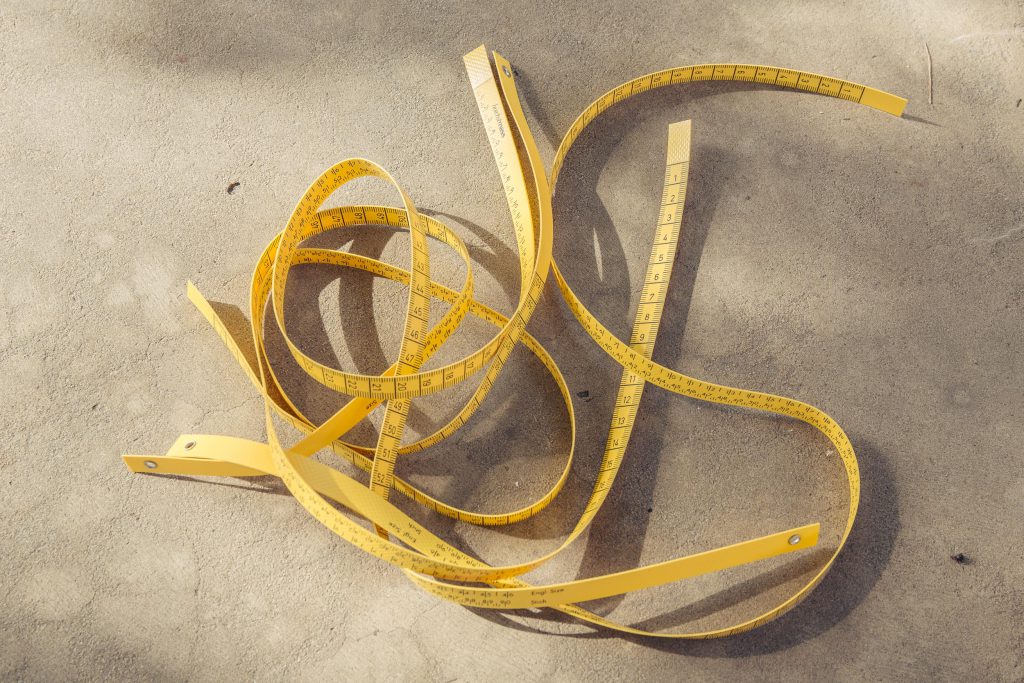Media, Migration, Governance:
Advanced Practices
(10 & 11 June, 2020)


Day 1: Introductions
10 June 2020


Abstracts
Summer School 2020


Day 2: Workshops
11 June 2020


Contributors
Summer School 2020

“Cyborgs, as the philosopher Donna Haraway established, are not reverent. They do not remember the cosmos.”
The program addresses migration through media, aesthetic, cultural, ecological, and practice-led research and methods. It is organized around three interrelated axes:
1. Media
2. Migration
3. Governance
At present, the political, ecological and ideological significance of migration far exceeds the magnitude of migration as an empirical phenomenon. While international migrants number between 200 and 300 million, and internal migrants perhaps another 800 million, this process radically marks all facets of society, culture and natural worlds. At the crux of contemporary discussions of the future of globalization, the migration of peoples, materials and labour have become key to our geopolitical imaginaries, realities, collective identities and survivabilities.
Register for the Virtual Summer School
As we have limited server capacity we can run the event on invitation only. Please request an invite by clicking on ‘join’.

